Time for another look at some of the books I’ve been reading recently…
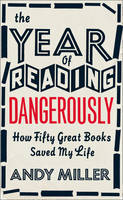 Andy Miller, The Year of Reading Dangerously (2014)
Andy Miller, The Year of Reading Dangerously (2014)
With all the business of work and family, Andy Miller had read only one book for pleasure (The Da Vinci Code) in three years; then he found a second-hand copy of The Master and Margarita, and started reading:
…borne aloft on Bulgakov’s impassioned words, I felt the dizzying force of books again, lifting me off the 6.44, out of myself, away from Mrs Atrixo [a fellow-commuter of Miller’s who would manicure herself on the train] and her hands. How had I lived without this? (pp. 30-1)
Spurred on by that feeling, Miller made a list of fifty books he’d always meant to read (and that he’d told people he had read, when he hadn’t), and challenged himself to read them; The Year of Reading Dangerously is his account of that time. Some of the books he likes, some he doesn’t; but Miller is always entertaining when he writes about them, and there’s always a keen sense of how personal this reading is to him.
Reading this book reminded me of Eleanor Catton’s idea of literature as encounter, because that’s very much what Miller is describing here (indeed, he and Catton make some of the same points). This volume isn’t a list of ‘fifty books you must read’; it’s the story of one person rediscovering what he loves about books, and finding a place for them in his life. It’s an inspiring piece of work.
The Year of Reading Dangerously is published in the UK by Fourth Estate, and will be published in the US by Harper Perennial on 9 December.
Oscar Coop-Phane, Zenith Hotel (2012)
Translated from the French by Ros Schwartz (2014)
Now this is an example of how important social media can be for translated books and small publishers: Zenith Hotel (published by Arcadia Books) comes covered in quotes from bloggers, bookshops and other people on Twitter (it even bears the #translationthurs hashtag created by Stu from Winstonsdad’s Blog). And if all that praise wasn’t enough to raise a sense of expectation, there’s also the fact that Oscar Coop-Phane was only 24 when he won the French Prix de Flore for this, his first novel.
What we have in Zenith Hotel is a short (not even 100 pages) portrait of a day in the life of a prostitute named Nanou, and her clients. With great economy, Coop-Phane depicts a succession of men, each with their own individual situations and concerns; but makes clear that, when they go to their appointment at the Zenith Hotel, each man is no more (or less) significant than the rest. Tying the book together is the world-weary voice of Nanou, who refuses to tell us much about herself: the most important thing is what’s happening now, and what she needs to do to keep going. Ros Schwartz’s translation creates fine distinctions between these characters whom we glimpse briefly but clearly, underlining the subtlety of Coop-Phane’s work.
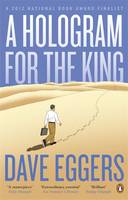
Dave Eggers, A Hologram for the King (2012)
This was a choice for my reading group, one I was looking forward to as my first experience of reading Dave Eggers. I don’t know quite what I was expecting – probably the kind borderline fabulism that (rightly or wrongly) I tend to associate with McSweeney’s – but it wasn’t what I got. A Hologram for the King is the story of Alan Clay, a middle-aged consultant who has travelled to Saudi Arabia in the hope of making the business deal that will turn his work and life around – if only the King would turn up so Alan can make his presentation.
I gather that this book is written in a plainer style than is usual for Eggers (the literary equivalent of an acoustic set, perhaps); I think the sparseness does have its moments, but not as many as I’d hope for. I appreciate the parallel Eggers creates between the difficulties of Alan’s personal life and the USA’s economic situation, but… A Hologram for the King just never really came to life for me. Still, I would like to try reading Eggers again one day; hopefully this title was just a blip.
A Hologram for the King is published in the UK by Penguin.
Lois Lowry, The Giver (1993)
My reading group also recently started a science fiction offshoot, for which this was the first choice. I hadn’t come across book or author previously, though it’s a YA title that I would have been roughly the right age for at the time of publication, and it’s the sort of book I would have read. I think the teenage me would have liked The Giver very much; but the adult me still enjoyed it.
Lois Lowry starts by briskly outlining some of the contours of her fictional world. This is an enclosed community where everything is highly structured, even growing up: every year, there’s a ceremony at which children are given the appurtenances of the next phase of their lives; until they reach Twelve, when age no longer matters and they begin the ‘assignment’ which will occupy them for the rest of their lives. Relations between children and adults in the same family unit may seem oddly distant, and there are clear hints that some catastrophe happened in the past; but this society appears to work well enough. Our protagonist is Jonas, who at Twelve is sent to The Giver, an old man who will pass on the community’s memories – suffice to say, there’s a reason most people don’t remember them.
I liked The Giver for its crispness of telling, and its thoughtfulness on issues of individuality and conformity. There’s also a wonderful shift of perception halfway through which I was nowhere near predicting. I think the book is let down slightly by its ending, which is a little too abrupt – not so bad in the context of the four-book series which The Giver begins, but it leaves this volume feeling unbalanced on its own terms. My teenage self would have wanted to read on.
The Giver is published in the UK by HarperCollins Children’s Books.
Anna Jaquiery, The Lying-Down Room (2014)
This is the first in a new series of crime novels set in Paris, written by French-born and Australia-resident Anna Jaquiery. Commandant Serge Morel investigates the grisly murder of an elderly woman, a case which will lead him into the past of Soviet Russia – all while his father is slowly succumbing to dementia, and there’s turbulence in his personal life. Jaquiery balances the different elements of her novel well, and the historical thread adds an interesting dimension. All in all, the Morel series is off to a good start with The Lying-Down Room.
The Lying-Down Room is published in the UK by Mantle.
Like this:
Like Loading...
 There’s a new publisher in town: Abandoned Bookshop, an imprint founded by Scott Pack (a long-time friend of this blog) and Kat Stephen to republish out-of-print or neglected titles as ebooks. Their first title is Brazilian Sketches, a set of seven articles (each with an accompanying poem) that Rudyard Kipling wrote during a journey to Brazil in March and April of 1927. The articles were printed in newspapers later than year and at the beginning of the next, but did not appear as a collection until 1940, after Kipling’s death. This is the first ebook edition.
There’s a new publisher in town: Abandoned Bookshop, an imprint founded by Scott Pack (a long-time friend of this blog) and Kat Stephen to republish out-of-print or neglected titles as ebooks. Their first title is Brazilian Sketches, a set of seven articles (each with an accompanying poem) that Rudyard Kipling wrote during a journey to Brazil in March and April of 1927. The articles were printed in newspapers later than year and at the beginning of the next, but did not appear as a collection until 1940, after Kipling’s death. This is the first ebook edition.
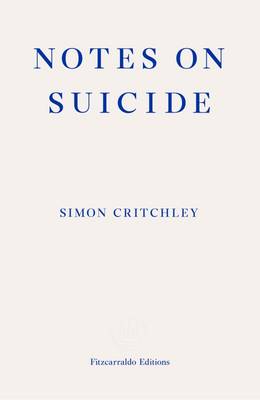
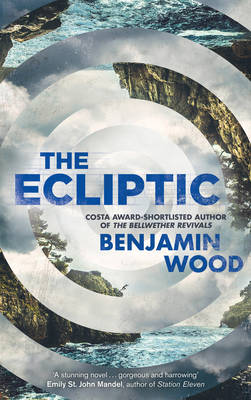
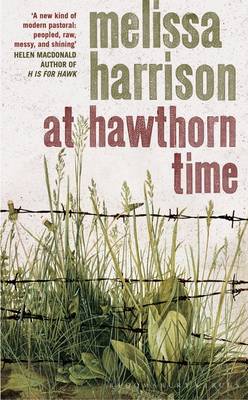

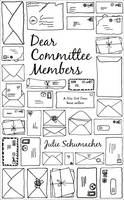
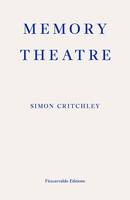
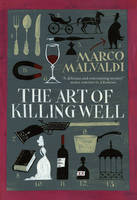
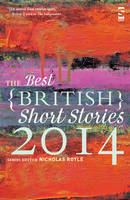



Recent Comments